The World is Watching
Holly Dove | December 2, 2015.
Kicking off in Melbourne, Australia over the weekend, a series of marches have taken place across the globe. Taking part were more than 600,000 people in at least 175 countries, calling for a strong agreement to be negotiated in Paris.
These marches, touted as some of the biggest in climate action history, took place on the eve of the UN climate talks, sending a strong message to world leaders that could not be ignored: people are watching.

The march in London – one the largest, with a record 50,000 attendees – was a lively affair with ice ship floats, giant cut-outs of polar bears, samba bands and a distinct focus on renewable energy, which in the UK is threatened by funding cuts of up to 90 per cent.
Meanwhile in Paris, some 10,000 pairs of shoes were laid out in the Place de la République. Each pair represented people who wished to march but were unable to due to the security crackdown after the November 13 attacks. Sneakers from Ban Ki Moon and dress shoes from Pope Francis were among the shoes donated.
Later in the day, unauthorised demonstrations degenerated into clashes with police, with 200 protesters arrested and the majority of climate activists distancing themselves from the incident, condemning the violence.
Aside from this turn of events, worldwide marches were peaceful, with campaigners using music, banners and bodies to demonstrate strong unity in support for renewable jobs and decisive action on climate change.
As May Boeve, executive director of organiser 350.org, spoke to The Guardian about the marches.
“The scale and diversity of today’s events are astounding. Worldwide people are ready for the end of fossil fuels and the dawn of renewables. World leaders can no longer ignore this urgent call for action as the climate crisis continues to unfold. It is time for them to stand on the right side of history,” said Boeve.
So why is the people movement so important to the outcome of the Paris climate negotiations? It creates an active political context within which global leaders work. Prime ministers, presidents, ministers and negotiators know they cannot operate in the shadows. They know their words and actions will be closely watched by people around the world.
The empty shoes on Place de la République showed the power of art to capture something words fail to express. In many ways, the shoes spoke louder than the protesters who were arrested just minutes later.
In the weeks to come we will see more social action, art exhibits, protests and conversations about the importance of climate change. At the climate change conference in Paris, we will hear voices from those most affected by changes in the climate; from farmers in Guatemala to fishermen in the Marshall Islands to coffee growers in Ethiopia. Their voices drive home to negotiators why their work is so important, and what they are negotiating for.





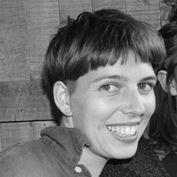
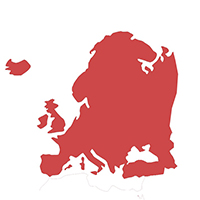

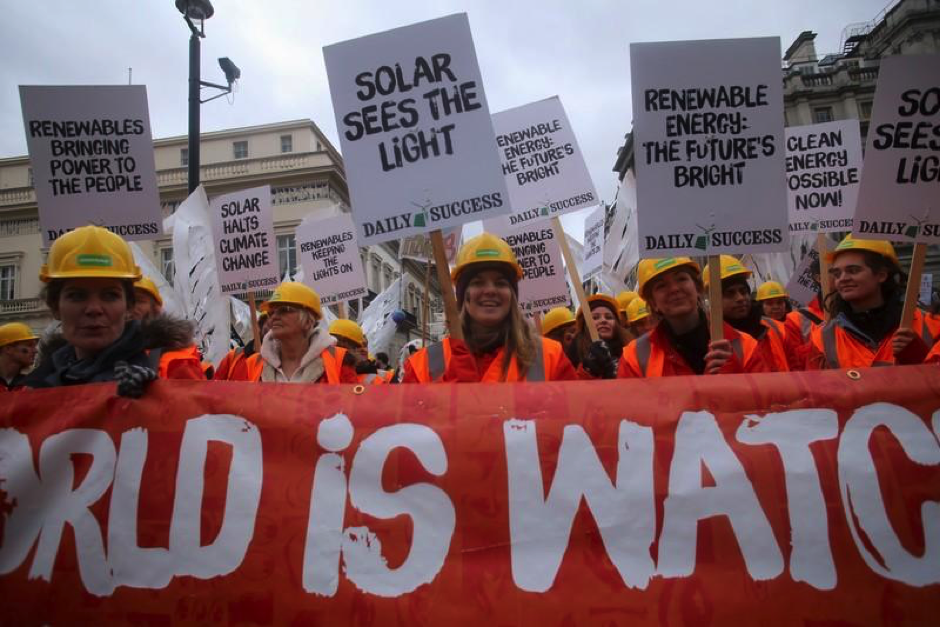
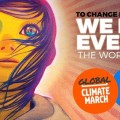
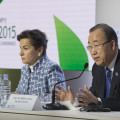




comment